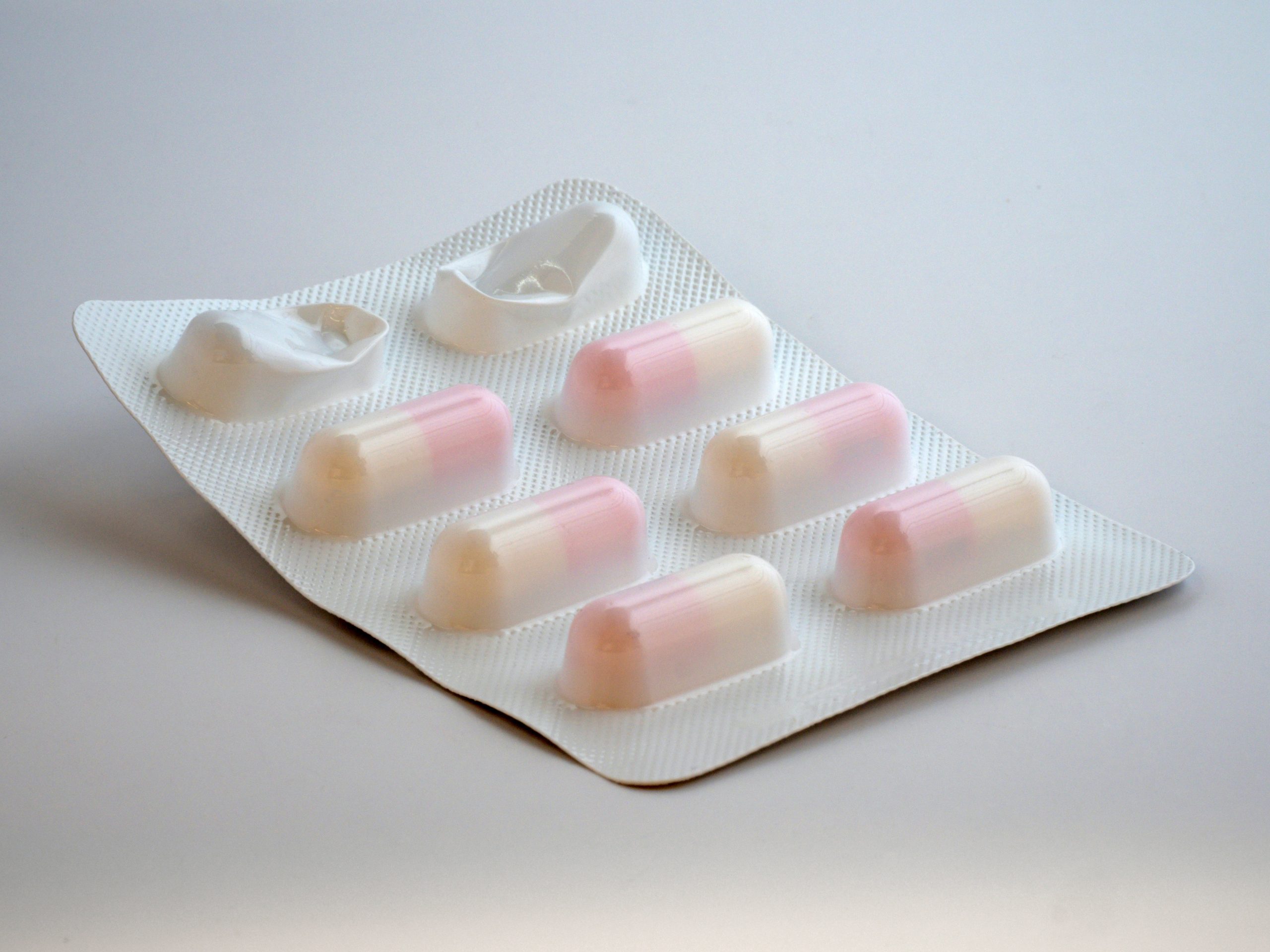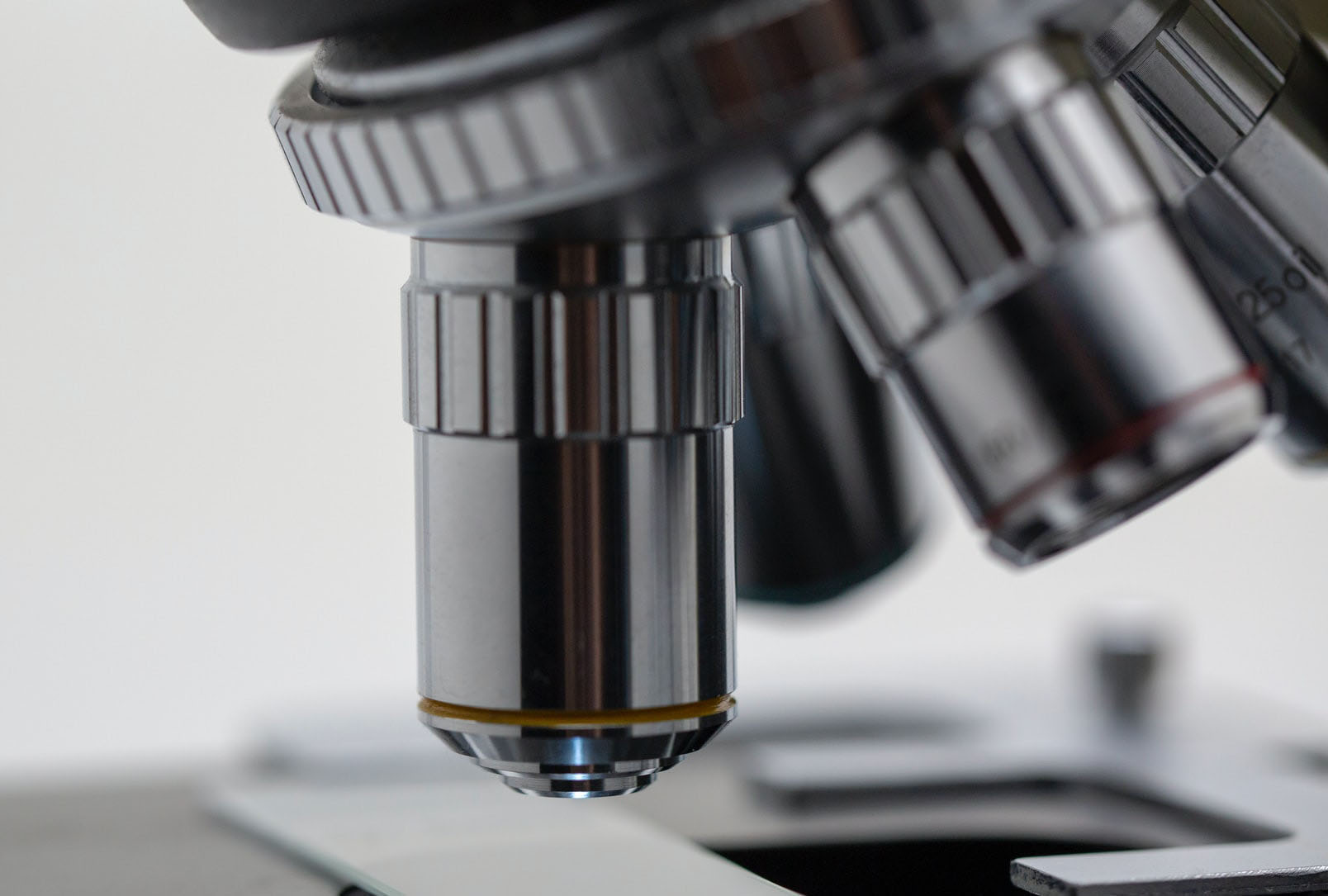

Angioedema is a deeper form of urticaria. An affected individual may have urticaria or angioedema singularly or both together. This condition is a severe swelling of the skin, usually coming on suddenly and it may affect lips, eyes, tongue, larynx, hands, genitals or bowels.
Angioedema may be hereditary or triggered by some external factors such as insect stings, foods, plants, medicines, latex, animal allergens or pollen.
Alternatively, this condition may be elicited by infections, stress, extreme temperatures, nutrient deficiencies or thyroid problems. Some cases of angioedema are idiopathic, meaning that the cause of the condition cannot be identified.
Typically, angioedema is characterised by a large swelling below the skin. It is not usually itchy but causes a burning sensation. Frequently, patients refer to a tingling sensation in the area that is about to swell.

Rarely, the puffiness of angioedema may affect the tongue or throat and causes difficulty with breathing or swallowing. This can be alarming but rarely life-threatening, except in acute food or medicine allergies and the rare hereditary form of angioedema.
The pale or pink, deeper swellings of angioedema occur most frequently on the eyelids, lips and sometimes in the mouth. Nevertheless, they may occur anywhere. Angioedema tends to settle within 48 to 72 hours. If hands and feet are affected, they may feel tight and painful.
Angioedema can be caused by a type of drug (ACE inhibitors) used to treat high blood pressure. Ibuprofen, aspirin, codein-derivates and strawberries can also elicit angioedema.
Inherited angioedema is not common. It has been estimated that one in 50,000 people inherit this condition from their parents. Inherited angioedema is associated with a deficiency of a protein of the immune system called C1 inhibitor.
